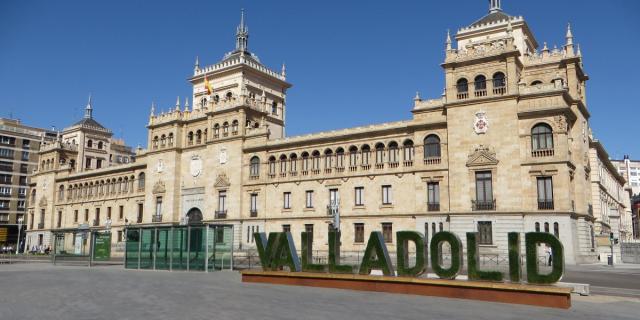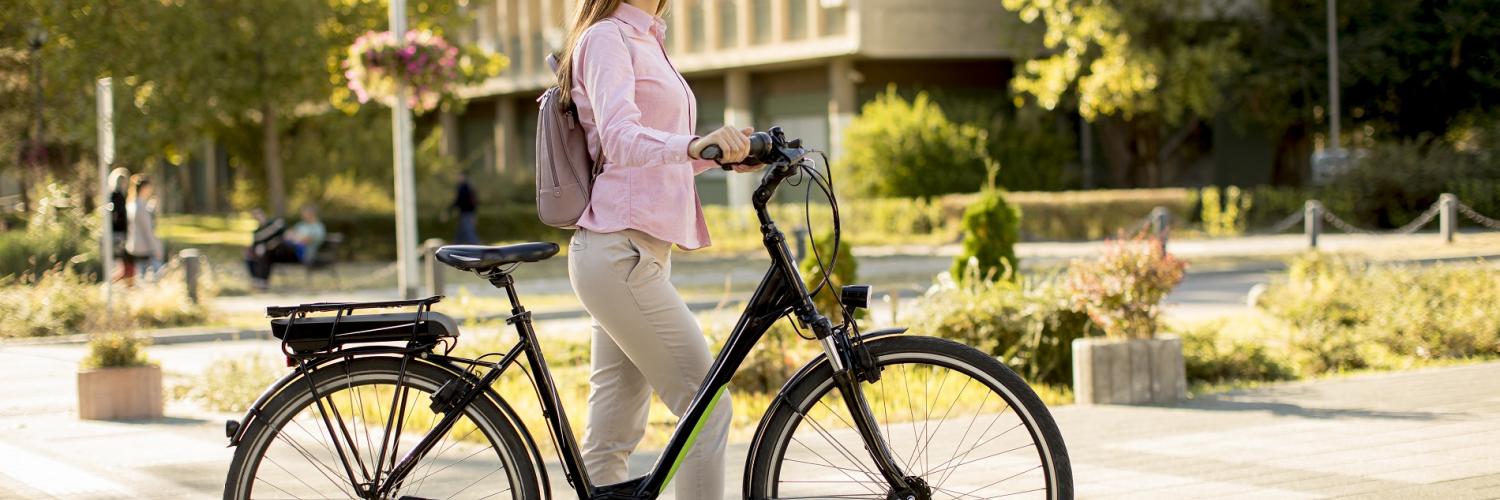Paris, 16th of September 2020
During the crisis, visible positive environmental changes have been highlighted: decrease of greenhouse gas emissions, reduced congestion, and reduction of noise pollution among others. However, this important crisis has also had an impact on city dwellers’ behaviors and expectations: people clearly expressed their wish for healthier lifestyles, one of them being an interest in active mobility and in particular cycling. Public actors express this important interest in a more sustainable and greener future too, at different levels: European Commission, Governments and Municipalities.
Indeed, the European Union has incorporated green policies in its recovery plan that should have at its core the Green Deal, dedicating parts of the €750bn recovery fund to support greener transport. Governments in the EU and in the UK combine economic stimuli with green policies.
On the 13th of May, the Italian Government adopted the Decreto Rilancio, a decree for the COVID-19 recovery measures, allocating €120M for purchase subsidies. People in Italian cities with 50 000 residents or more can claim back 60 % of the cost of a new bike capped at 500 € until the end of this year as part of the effort to promote ecofriendly alternatives to public transport. Indeed, as a result of social distancing measures and the fear of contracting the COVID-19 virus fewer people use public transport leading to the potential risk of increasing private car usage on the road.
In France, a plan worth up to €20M was implemented in order to promote cycling after the end of the lockdown to avoid a massive shift from public transport to the car. Vouchers of 50 € are proposed for the repair of a bicycle until the end of the year.
In Luxembourg, in order to encourage private citizens to opt for active mobility, a new subsidy is now available for the purchase of a bicycle or an e-bicycle for private use (50 % of the cost capped at 600 €).
The UK has put cycling and walking at the heart of its transportation plan dedicating a €1.35 billion package.
Local authorities are introducing incentives as well. For example the Lyon Metropolitan Region in France will give a purchase subsidy of 500 € for an electric bicycle.
Beyond these economic stimuli, it is also a question of infrastructures to ensure dwellers safety.
More and more municipalities all around Europe are turning parts of their road system into bike lanes that are more accessible to cyclists and pedestrians. Milan, Roma, Vienna, Paris, London, Berlin, Brussels are a few of them. They give active mobility more space. They promote safe and sustainable ways to get around cities, dedicating resources for more bike paths.
All these measures give cycling a boost during Covid-19 recovery and contribute to the increase of cycling popularity in Europe, individuals wishing to avoid public transport and public actors seeking to discourage private traffic.
In France, 500 000 bicycles were sold in May, in only one month. Cycling has increased in France by 27 % in May compared to the same period in 2019. In the UK, 1.3 million electric bicycles were sold from January to May 2020. In Scotland, the number of people cycling increased by 77 % in May 2020 compared to the same period in 2019.
This boost is not only at private level but also at corporate level. More and more companies want to include cycling in their mobility solutions for their employees. Bike leasing appears as a mobility alternative, the company car policy becoming a “company mobility policy”, the role of fleet managers shifting to mobility managers.
This is most probably the beginning of a lasting mobility shift, be it corporate and private bikes based.



